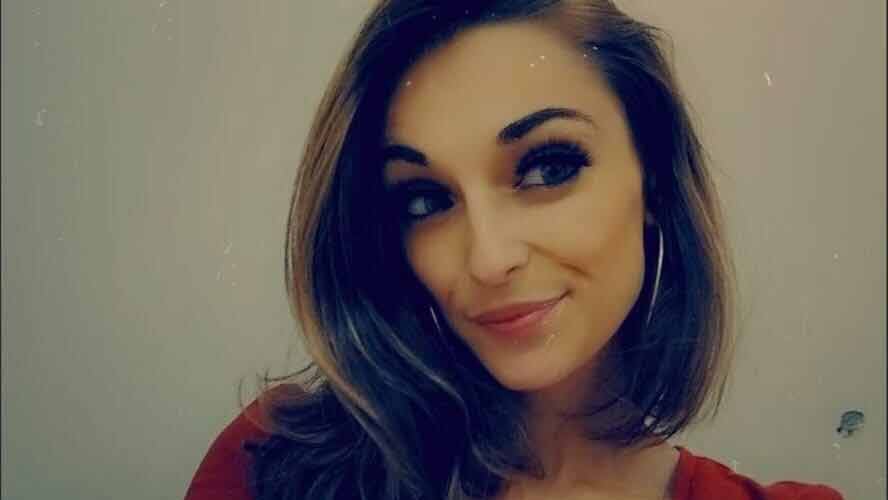Bishop Vashti Murphy McKenzie is a groundbreaker in her own right.
McKenzie is the presiding Bishop of the 10th Episcopal District for the African Methodist Episcopal Church and serves as the 117th elected and consecrated bishop of the African Methodist Episcopal (AME) Church. Her election in 2000 was historic as she became the first woman, in the more than 200-year history of the church, to be elected to that office.
McKenzie’s life has been full of glass ceiling breaking. As she tells the story of her life, she gives credit for much of her success to the successful family members who went before her.
"I think it started really before I was born. I was born into a communication family and my grandfather was publisher of the Afro-American newspaper," McKenzie said. "At one point, it was the largest chain of black, weekly newspapers in the United States. His father, of course, my great grandfather handed that down to him and his five brothers and five sisters."
It was here where the women in McKenzie’s family started to shine.
"My grandfather had five daughters and no sons. So that meant that the women stepped up to the plate in the business," she said. "They were editors, they were journalists, they were board members, they were publishers. I grew up surrounded by women who did what their gifts said they were going to do. Gender had nothing to do with it."
Her family encouraged all of her relatives to find a skill or craft they were passionate about, but specifically, one they were also good at. She said she was always encouraged to go after whatever she wanted in life. It wasn’t until she got to college she faced someone doubting what she was capable of doing.
Local
The latest news from around North Texas.
"I was a history major in my undergraduate college work and I am sitting the class. I had no intention of being history teacher, but I had every intention of being a history writer," McKenzie said. "I am sitting in the class with five other men and a male teacher who says, 'what are you doing here?' I said I was a history major and I am interested in history. He said 'Oh well the history education classes are down the hall' and I told him I wanted to be a historian. He said that’s not for women to do. Excuse me? Seriously? OK! So that became the process of people telling me what I can’t do."
She said she continued to find herself in places that people thought women didn’t belong.
"I began my first journalism career at 16. I began writing obituaries which is just the worst thing in the world," she said. "Then I was on-air radio, rose to operations manager, and then general manager. You’re talking about in the '70s and '80s when women just didn’t do that. Program director in the Washington, D.C. market of a major radio station. Then I became corporate vice president of six gospel radio stations. That was really non-traditional."
So many accomplishments for a woman who said she just wanted to fulfill her passion and serve the Lord. Her answer for it all is simply, she answered a calling.
"I always believed that every believer has a ministry. You must serve somewhere in your faith relationship and what I began to realize for me is that it was preaching and pastoring," McKenzie said. "I really believe that if you say 'I really want to do this' then God will help you find the time and the resources to get it done. You must take steps to get there. The step by step process to arrive."
McKenzie also answers her calling through her annual leadership event for women: Selah. This year’s event will be held Nov. 21 through Nov. 23 at the Omni Frisco Hotel. She said this is an event for women of all faiths to come together to share, to learn and to grow. Many of the life lessons she has learned, she shares at Selah.
"What’s the key to balancing life and work and all the things that you want to do. For me that’s prioritizing. I use what I like to call the '4-D method.' Things you have to do. Things you delegate. Things you delay. Do you really have to do this at this time or can you put it off for another day or an hour. Then there are things that you just don’t do," McKenzie said.
She said each person, man or woman, has to be the captain of their own ship. Know when to use the word "no" and not feel obligated to qualify it.
"We forget that no means 'I don’t have any more.' My emotional bandwidth is not enough to be encompassing this. I have already spent my energy right now. I don’t have any more to give," McKenzie said. "We have to remind ourselves as women that as much as we give we put ourselves at the bottom of the list and we put ourselves last. But we have to put ourselves at the top of the food chain."
McKenzie started her career writing obituaries. Now, she is the author of several books. Her first two, "Not Without A Struggle" and "Strength in the Struggle" are concerned with leadership and professional growth in women.
She said she just hopes she lives a little wisdom behind.
"That I planted enough seeds in the lives of people that the generation after me will be better than me," McKenzie said. "I just hope that I have said enough words, planted enough seeds that when they do sprout that the next generation will fly higher and better and go further than the generation before them."



